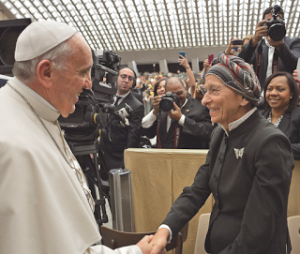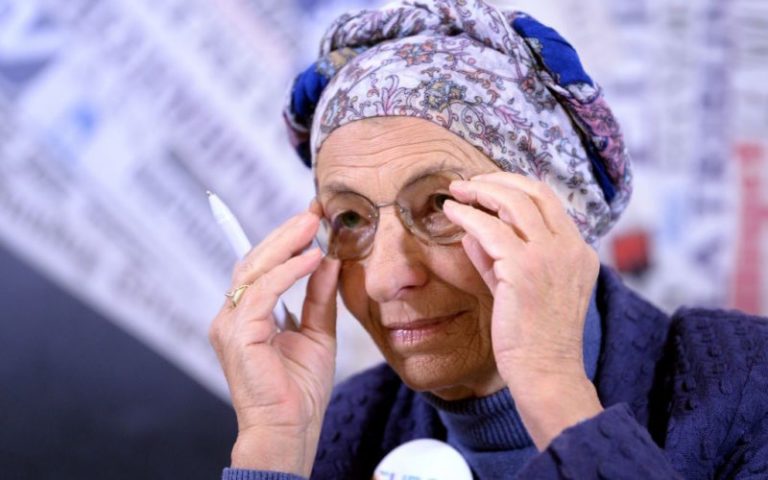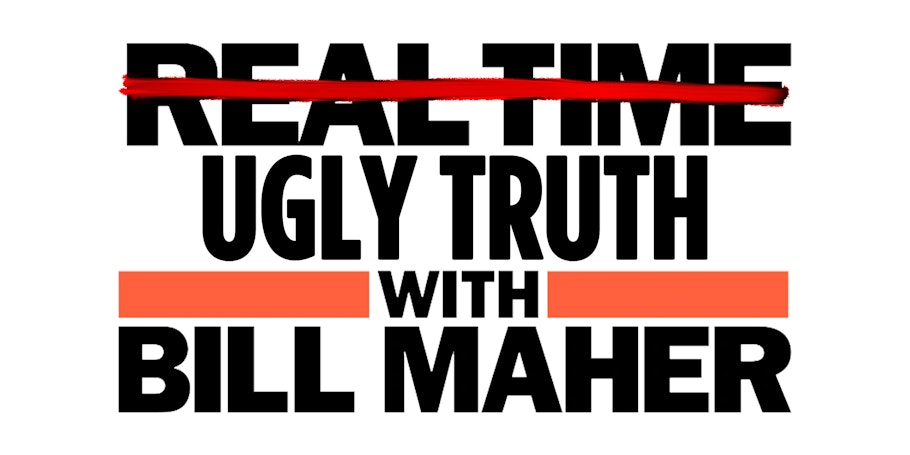VP Pence: It’s Time to Restore the Sanctity of Life
March 5, 2018Why the New Memorial of Mary, Mother of the Church, is So Remarkable
March 5, 2018
Photo: Emma Bonino (Getty)
The Italian politician hopes that immigration will solve Europe’s demographic decline. But she has been an assiduous promoter of abortion
By Fr. Alexander Lucie-Smith, Catholic Herald, Saturday, 3 Mar 2018
“The conscience of the country.” That, according to a Guardian puff piece, is how Emma Bonino’s supporters think of her. Bonino heads a small party, entitled ‘More Europe”, that hopes to win 3% of the vote in tomorrow’s Italian election. This could give her some influence over the next coalition government.
 The Guardian does not, however, note a tragic irony at the heart of Bonino’s programme. Her party wants to grant legal status and eventually citizenship to the hundreds of thousands of migrants in Italy who currently lack both. “She is convinced,” the article says, “that Europe’s demographic challenges and low birthrates will, eventually, give European capitals a wake-up call about their need to welcome immigrants.”
The Guardian does not, however, note a tragic irony at the heart of Bonino’s programme. Her party wants to grant legal status and eventually citizenship to the hundreds of thousands of migrants in Italy who currently lack both. “She is convinced,” the article says, “that Europe’s demographic challenges and low birthrates will, eventually, give European capitals a wake-up call about their need to welcome immigrants.”
How did that low birth rate come about? Why are we so short of people that we must import them? Could it have anything to do with the phenomenon of abortion, which Bonino helped to legalise in Italy, or with contraception, of which she is an enthusiastic supporter? Bonino is the co-founder of the Information Centre on Sterilisation and Abortion: the title of that institution should point to some reasons for “Europe’s demographic challenges”.
 The article ends with a noteworthy sentence: “In contrast to her fight with the Catholic Church 40 years ago, Bonino can, these days, count on at least one ally: Pope Francis. The two, she says with a grin, are in touch. ‘We have some connections, so we pass messages quite often, through friends.’”
The article ends with a noteworthy sentence: “In contrast to her fight with the Catholic Church 40 years ago, Bonino can, these days, count on at least one ally: Pope Francis. The two, she says with a grin, are in touch. ‘We have some connections, so we pass messages quite often, through friends.’”
Given that it is so hard to get messages through to Pope Francis – consider the case of the dubia cardinals, and also the victims of Fr Karadima – it is clear that Bonino is closer than many to the Holy Father. We know that Pope Francis wishes to reach out to the peripheries, but this particular example will make many Catholics uncomfortable.





 The Guardian does not, however, note a tragic irony at the heart of Bonino’s programme. Her party wants to grant legal status and eventually citizenship to the hundreds of thousands of migrants in Italy who currently lack both. “She is convinced,” the article says, “that Europe’s demographic challenges and low birthrates will, eventually, give European capitals a wake-up call about their need to welcome immigrants.”
The Guardian does not, however, note a tragic irony at the heart of Bonino’s programme. Her party wants to grant legal status and eventually citizenship to the hundreds of thousands of migrants in Italy who currently lack both. “She is convinced,” the article says, “that Europe’s demographic challenges and low birthrates will, eventually, give European capitals a wake-up call about their need to welcome immigrants.” The article ends with a noteworthy sentence: “In contrast to her fight with the Catholic Church 40 years ago, Bonino can, these days, count on at least one ally: Pope Francis. The two, she says with a grin, are in touch. ‘We have some connections, so we pass messages quite often, through friends.’”
The article ends with a noteworthy sentence: “In contrast to her fight with the Catholic Church 40 years ago, Bonino can, these days, count on at least one ally: Pope Francis. The two, she says with a grin, are in touch. ‘We have some connections, so we pass messages quite often, through friends.’”

